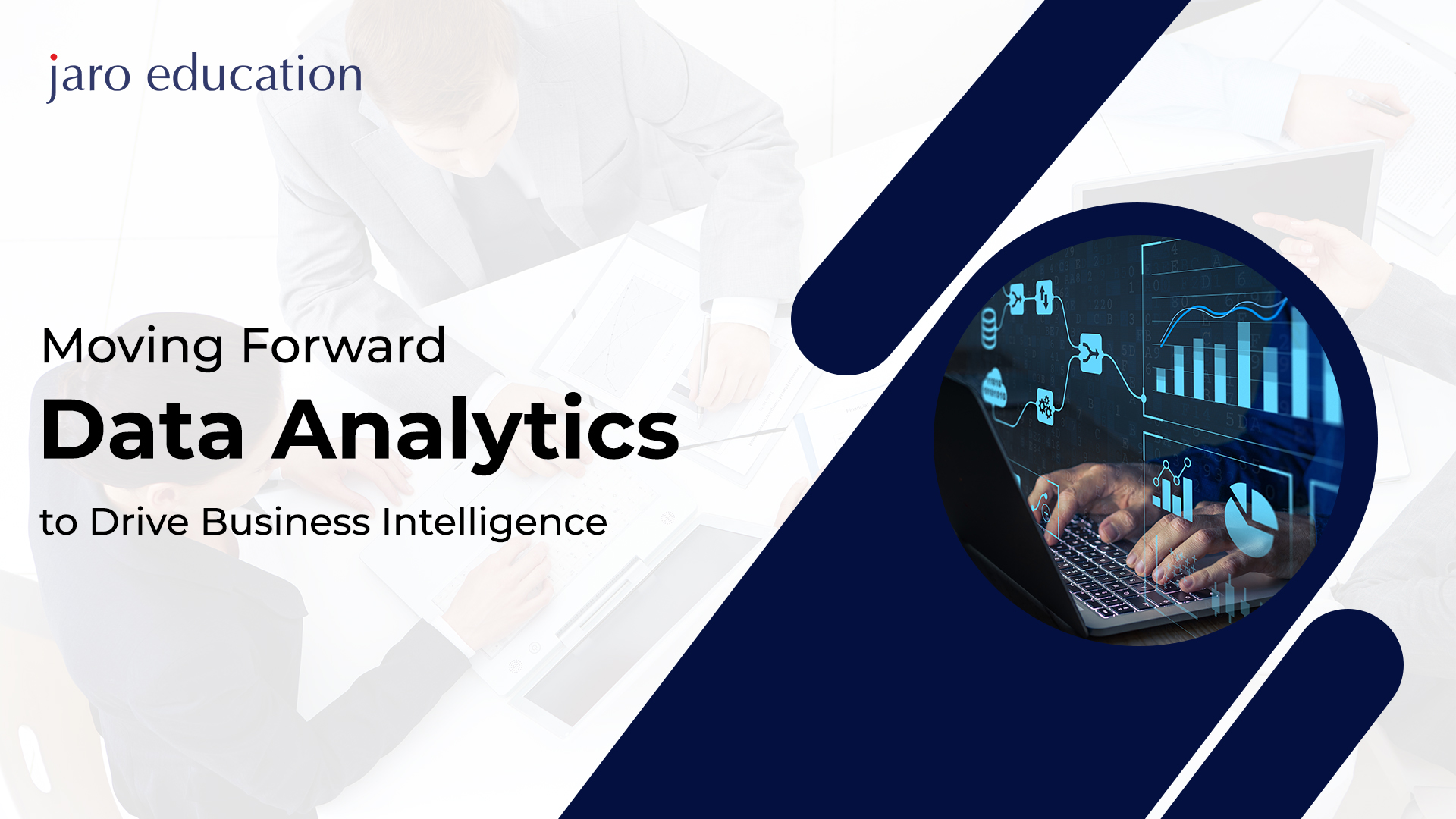
Moving Forward: Data Analytics to Drive Business Intelligence
Business analytics (BA) is the process of analyzing data to assess business performance and derive insights that might help with strategic planning. Its goal is to pinpoint the elements that have a direct impact on business performance, such as revenue, user engagement, and technical availability.
Business analytics has become an important aspect of day-to-day operations and management. Businesses that want to obtain a competitive advantage in today’s market must enlist the help of skilled business analysts.
According to Harvard Business School, 60% of companies utilize BA to improve their operational efficiency. This goes hand in hand with user experience for digital businesses.
In 2018, the global Big Data and business analytics market was valued at US$ 169 billion, with a forecast of US$ 274 billion by 2022.
Trends of Business Analytics
Technology is constantly changing, and there are business analytics trends that experts should be aware of in order to assist firms in leveraging raw data to achieve their objectives. To maximize the potential for their businesses, these professionals must be aware of the following data and business intelligence trends.
Search-Based Discovery Tools
Search-based discovery tools make it easier to sort through and identify useful information from a variety of sources. This can help you identify vital insights for effective business initiatives that would otherwise get buried in a sea of data. Knowledge of business analytics trends isn’t limited to applying the power of search-based discovery tools to the company’s internal operations.
Understanding the data mechanics of Google and other search engines is crucial to online marketing success for all types of business. In marketing, the future of business analytics is now. Time spent on-page, social shares, the source of page views, and other data can help marketers make better decisions and deliver relevant traffic.
Cloud Computing
Cloud computing is the practice of storing and managing data on remote computers over the internet. The advantages include reduced reliance on physical resources, which are often outdated and difficult to manage, especially when working with teams in different locations.
Cloud computing, when used effectively, can improve operational efficiency while lowering expenses. Companies must create feasible workflows to pool resources, distribute information effectively but securely, monitor data access to safeguard consumers, and keep data access speeds and ease up. Business analysts oversee data flow within cloud-based structures, assist in the design and development of data processes, and monitor both data and system performance to ensure that business objectives are met.
Artificial intelligence (AI) and Machine Learning
Artificial intelligence (AI) and machine learning make it possible to achieve great efficiency at a low cost. Experts believe that in the future, machine learning will perform an increasing amount of customer service activities.
AI and machine learning have a wide range of applications in the corporate world; they serve as the foundation for features such as personalized marketing, cybersecurity, talent recruitment, and customer relationship management, among others. While these technology-driven features have the potential to change the company landscape, they still require the human touch of business analytics professionals to guarantee that their responsibilities are carried out successfully.
Data Automation
Sorting, storing, and managing data has become increasingly difficult and time-consuming as the amount of data has grown to zettabytes. This is why data automation is such a crucial part of the company’s future. Data automation can take care of the tedious but necessary aspects of data administration, giving individuals in business analytics roles more time to evaluate and explain the information obtained. It can also play an important role in assisting firms with scalability concerns.
Building an effective approach that appropriately curates the automated system is the key to effectively implementing data automation. Business analytics specialists can apply their expertise and abilities to develop data automation techniques that incorporate sensibility and efficiency.
Predictive Analytics Tools
In the future of business analytics, predictive analytics will almost certainly play a significant role. In business, predictive analytics is frequently used to forecast a customer’s or client’s next move. Businesses can strengthen their confidence in particular outcomes and performances by evaluating historical data patterns in consumer behavior, market changes, and even societal trends.
Because the concept’s success is contingent on the future, historical data must be accurately understood for future goals. A highly trained business analytics professional’s work can be crucial in ensuring that the goal of predictive analytics is useful rather than something that inadvertently causes corporate efforts to hit unexpected snags.
Adani Institute of Digital Technology Management offers an up-to-date one-year Executive Program in Business Analytics, it is highly industry-driven and relevant. The program is designed on a bottom-up approach that enables business leaders and ambitious professionals to comprehend essential concepts of business analytics. The aftermath of the program includes a clear understanding to comprehend data-driven problems and challenges, analyzing the data with the help of skills you learned, and making decisions to lead the organization.
Conclusion:
Analytics jobs are constantly rising in the modern business world, with so much reliance on data. Data analytics isn’t going away anytime soon. You must first understand where you have been and how you arrived at your current location in order to know where you want to go. Metrics enable you to do so while also assisting you in planning for the optimization and improvement of business situations. The goal is to identify and prioritize issue areas before implementing a system that provides you with all of the real-time actionable insights you require. A step like this will help you to take control of your business’s outcomes in the long run.
FAQ’s

